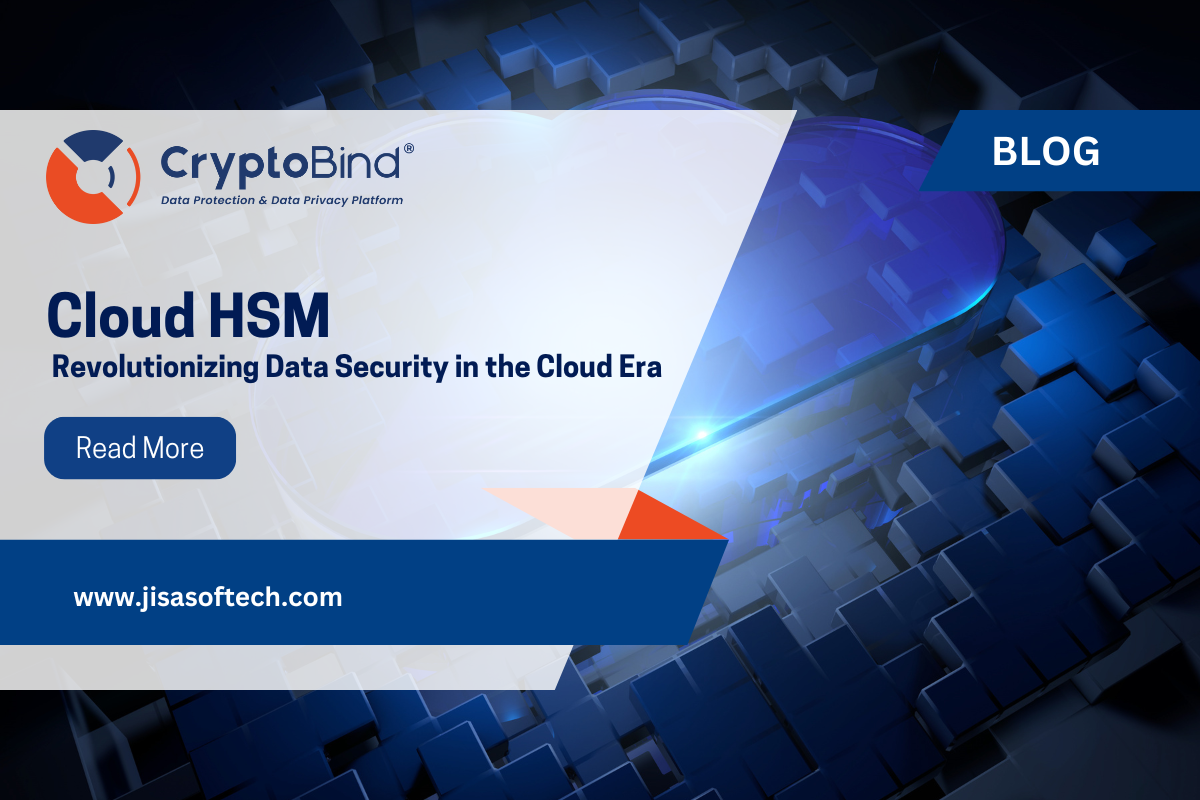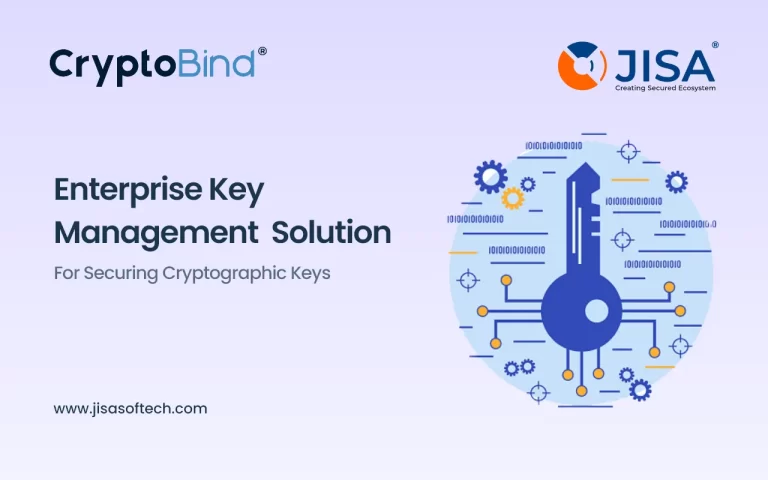Cloud HSM: Revolutionizing Data Security in the Cloud Era
In today’s digital-first world, safeguarding sensitive data has become a critical priority. As organizations transition to the cloud for its unparalleled scalability, flexibility, and cost efficiency, ensuring robust security for data and cryptographic operations becomes paramount. This is where Cloud Hardware Security Modules (Cloud HSMs) step in, offering a transformative approach to data protection in the cloud landscape. Let’s understand Cloud HSM.
What is a Cloud Hardware Security Module (Cloud HSM)?
A Cloud HSM is a physical computing device provided as a service, designed to secure digital keys and perform cryptographic operations in a cloud environment. Unlike traditional on-premises HSMs, Cloud HSMs combine the physical security of dedicated hardware with the scalability and accessibility of cloud technology.
Key features of Cloud HSMs include:
- Tamper-Resistant Hardware: Protection against physical and logical attacks.
- Dedicated Cryptographic Processing: Optimized for encryption, decryption, and digital signing.
- Cloud Integration: Seamless interaction with leading cloud platforms.
- Multitenancy: Exclusive resource allocation per tenant for enhanced security.
Now, let’s explore the benefits of Cloud HSM
Benefits of Cloud HSMs
Adopting Cloud HSMs offers a range of benefits that address the needs of modern enterprises:
1. Enhanced Data Security
Cloud HSMs provide a hardened environment that safeguards keys from physical and logical threats. With features like encrypted memory, access controls, and anti-tamper mechanisms, they ensure an unparalleled level of protection.
2. Regulatory Compliance
Adhering to regulations such as PCI DSS, GDPR, and HIPAA is streamlined with Cloud HSMs. Their built-in security standards, robust logging, and access controls simplify audit requirements.
3. High Availability
Cloud HSMs leverage the cloud’s inherent redundancy, ensuring 24/7 availability of cryptographic services. Deployments across multiple availability zones mitigate downtime risks.
4. Scalability
With load balancing and clustering capabilities, Cloud HSMs can seamlessly scale to meet increasing cryptographic demands, unlike the fixed capacity of on-premises solutions.
5. Cost Efficiency
By adopting an operational expense model, organizations can avoid the high upfront costs of purchasing, maintaining, and managing on-premises HSMs.
6. Fast Deployment
Cloud HSMs eliminate the need for physical installation. Instances can be provisioned in minutes, enabling quicker time-to-value.
Key Considerations for Cloud HSM Adoption
When evaluating a Cloud HSM solution, organizations should focus on the following factors:
- Certification Levels: FIPS 140-2/140-3 compliance and other relevant standards.
- Cloud Integration: Compatibility with existing cloud infrastructure.
- Scalability: Ability to handle growing cryptographic workloads.
- Ease of Management: User-friendly interfaces and API support for streamlined operations.
- Redundancy & Disaster Recovery: Built-in capabilities for fault tolerance.
Best Practices for Implementing Cloud HSMs
To maximize the potential of Cloud HSMs, organizations should follow these best practices:
- Define Objectives: Align Cloud HSM adoption with specific business needs such as regulatory compliance or enhanced data security.
- Start Small: Implement a pilot program to test performance and integration.
- Plan for Redundancy: Deploy across multiple regions or zones for high availability.
- Update Policies: Enhance security and access control policies to reflect cloud-specific risks.
- Monitor Continuously: Track usage, health metrics, and logs to ensure ongoing efficiency and compliance.
Cloud HSMs vs. On-Premises HSMs: The Shift in Paradigm
While on-premises HSMs have been the traditional choice for sensitive cryptographic operations, they come with limitations such as high upfront costs and complex management. Cloud HSMs address these challenges by offering:
- A pay-as-you-go model.
- Rapid deployment capabilities.
- Seamless integration with modern cloud architectures.
Read More: Hardware Security Module: On Premise and Cloud HSM
Conclusion
In an era dominated by digital transformation, Cloud HSMs represent a critical leap forward in data security. They empower organizations to safeguard sensitive information while leveraging the agility and scalability of the cloud. Whether ensuring regulatory compliance, enhancing cryptographic performance, or reducing operational costs, Cloud HSMs have become indispensable tools for modern enterprises.
Adopting a Cloud HSM is not just a technological shift; it’s a strategic decision that positions businesses for secure, scalable, and sustainable growth in the cloud-driven future.
To secure your business’s most sensitive data, trust CryptoBind versatile HSM solutions. Whether you need a robust Cloud HSM for scalable security, a Payment HSM for fast, PCI-compliant transactions, or a General Purpose HSM for comprehensive cryptographic protection, CryptoBind has you covered. Choose the solution that fits your specific needs, and ensure your data is protected with the highest levels of compliance and security. Contact us today to learn more and take the next step in safeguarding your digital assets.


